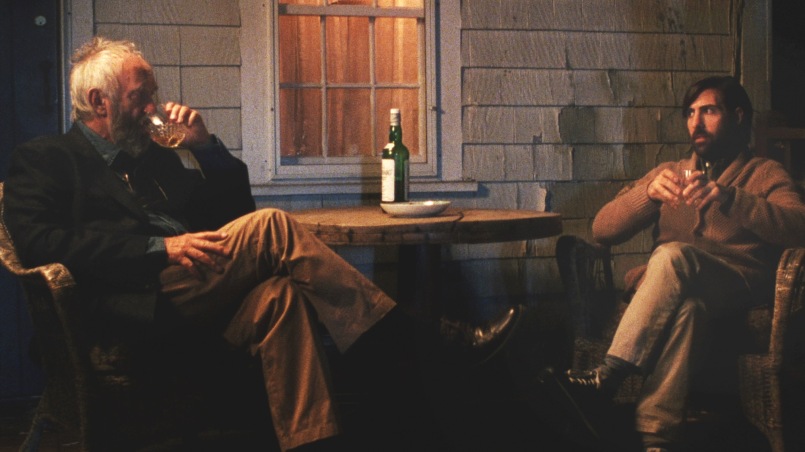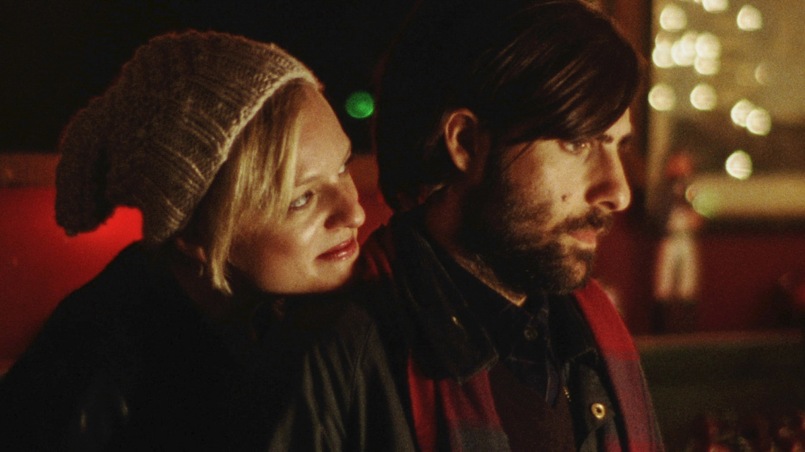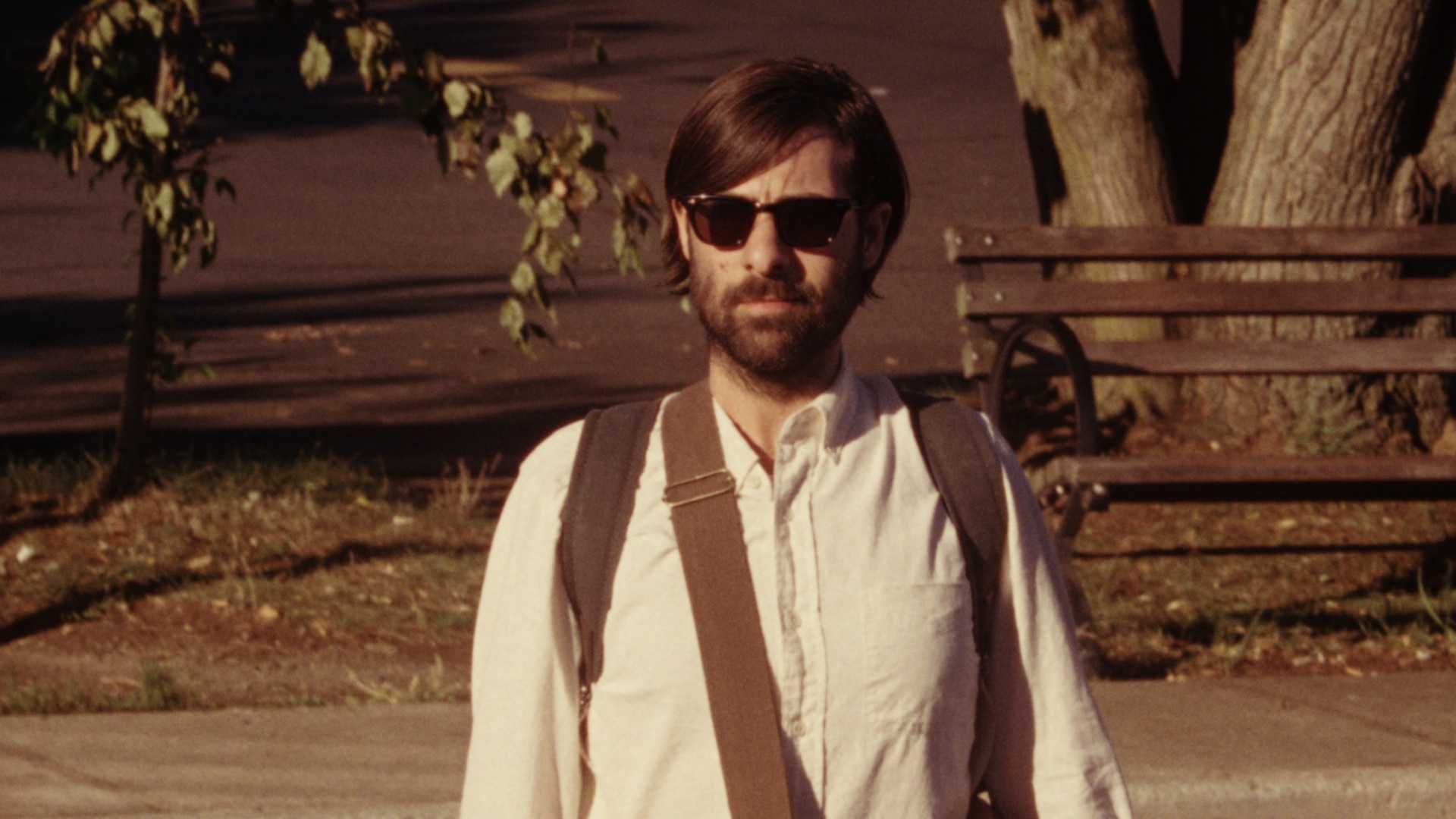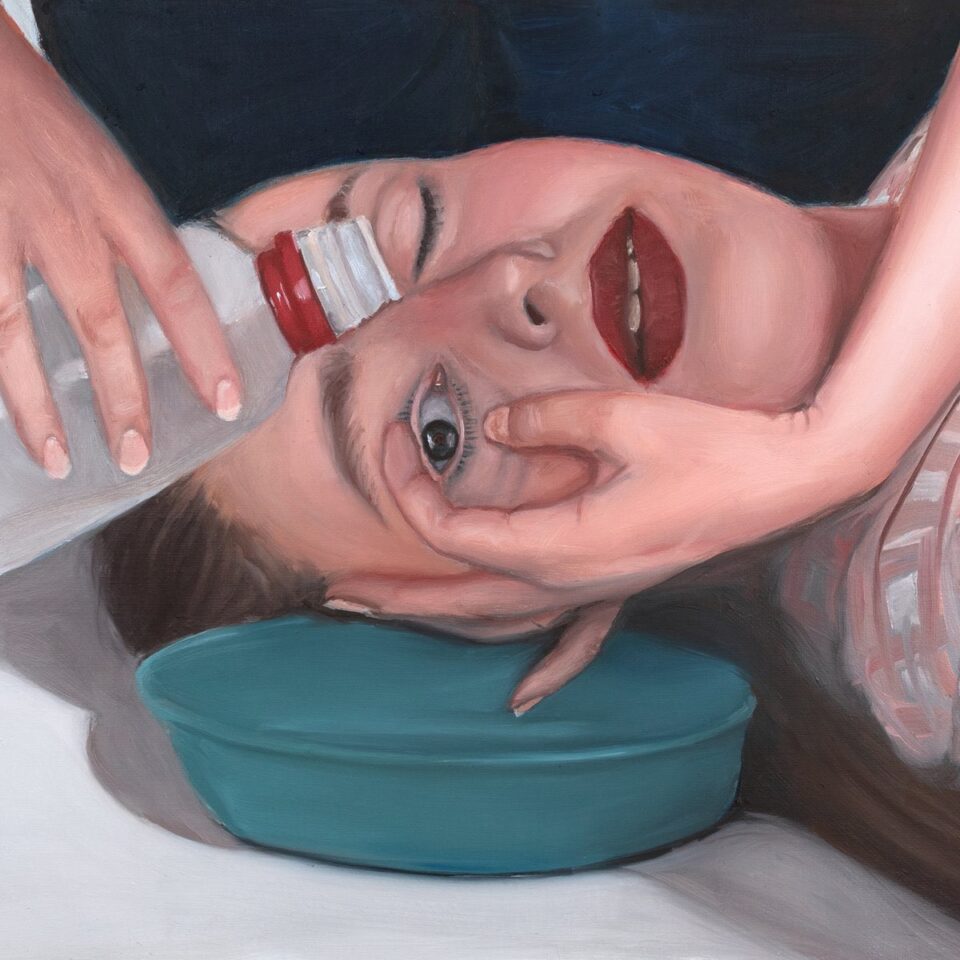It might be hard to believe that there is any true sense of camaraderie or selflessness within the glitzy Hollywood film industry. How often do these casts actually hang around after their scenes have wrapped? How many doors have lowly production assistants had slammed in their faces? The skepticism is usually warranted, but it melts away almost instantly when you hear Jason Schwartzman talk about his day.
“It’s been awesome! I love being able to talk about this to everyone,” he says, sounding positively bubbly over the phone. The joyous event that Schwartzman, the thirty-four-year-old actor-writer-musician, is referring to is a press day that has run late. But instead of the exhausted tone that one would expect from someone sitting in a room and talking about the same subject over and over again, Schwartzman’s voice is full of life; he can’t contain his excitement about being able to discuss the intricate details of his latest film, Listen Up Philip.
“It’s been really nice, actually, because Philip is a pretty wild character, and this is a pretty wild movie to talk about, so conversations about it can veer into all different types of philosophical questions.”
“Pretty wild” doesn’t even begin to cut it when describing the psyche of Philip Lewis Friedman, Listen Up Philip’s “protagonist.” At the beginning of the film, Philip is a rising-star author on the verge of releasing his second novel and flirting with the idea of becoming completely selfish. By the movie’s end, his disregard for anyone besides himself is deplorable, if not downright shocking. It is with this discomfort that the audience follows Philip—along with Ashley (Elisabeth Moss, Mad Men) and Ike Zimmerman (Jonathan Pryce, Brazil)—through what Philip’s writer and director Alex Ross Perry has called the worst time in all of the characters’ lives. The film’s emotional flux prompted Schwartzman to meet the script’s author.
“A lot of my prep time is just because I’m nervous and I just want to get all of my bad ideas out of the way. I’d rather just embarrass myself in private.”
Having no idea that Perry wanted him to play Philip, Schwartzman—who humbly refers to himself as an untrained actor—was nervous to finally make contact with the creator of this complex story. “It definitely wasn’t me being like, ‘Oh, let me just go check this young director out,’” Schwartzman explains, putting on his best hot-shot movie star voice. “I knew that the person who wrote this script was unique. If this movie is mishandled, it could just be a waste of someone’s time by watching it. Part of me wanted to talk to him, because ultimately I didn’t have confidence in my ability to bring the character to life unless Perry could help me. I wanted to see if this guy was up for helping me do this role.”
Within thirty seconds, both Perry and Schwartzman knew that they could make this movie together. The rapport was good, the conversation was stimulating and, for an evening, Schwartzman’s anxieties had subsided because he found another director with whom he could collaborate. “I was really excited,” he remembers, “but then the real nerve-wracking part began. We actually had to start making the movie and developing this character.” The two spent a month together in New York before filming began to hash out every single aspect about Philip, from deciding on what kind of writer Friedman was, to answering the question of how mean he could really be to others around him.

Jonathan Pryce and Jason Schwartzman in Listen Up Philip
“It was really odd because when we tried to make Philip react nicer in experimental versions of scenes, the more he came off like a passive–aggressive asshole,” Schwartzman recalls. “And in a way that’s way worse. There was something nice about how clear this guy was.”
Schwartzman knows that this type of intimate relationship with a director is a rare luxury, and he doesn’t take it for granted. “You’re just trying to find out ways to not waste the director’s time when we start working. A lot of my prep time is just because I’m nervous and I just want to get all of my bad ideas out of the way. I’d rather just embarrass myself in private.” The final result of Schwartzman’s private humiliation is his seemingly effortless ability to bring a charming sense of humor, humanity and fragility to a pretty despicable character. He keeps audiences interested in the arrogant world of Philip Friedman with his delightful presence, a product of Schwartzman’s lengthy, but not too intense, role preparations.
“I wasn’t like Daniel Day-Lewis or anything,” says Schwartzman with a laugh. “I don’t want to be misunderstood for all the work I did. I don’t want people to go see the movie and think, ‘He prepared for over a month and that’s all we get?’ I’m not amazing like that, I just like that we got to talk about shit a lot.”
“There are things about my life that are about 10% of what these characters are about. I guess I want to play these guys because I feel connected to them. It’s fun to irritate that small part of me.”
The group that made Listen Up Philip into such a dynamic film-festival darling extended beyond just the lead actor and his director, and Schwartzman is the first to admit that. His admiration for his costars is palpable as he talks about Moss (“Lizzy is just a different kind of creature. She just came in before we started filming and knew exactly what type of movie Alex wanted to make. I was kind of embarrassed? She just came in and nailed it. She’s incredible.”) and Pryce (“There was this major sense of, ‘We hope he likes us.’ We didn’t know what Jonathan was going to be like. We just all were thinking that this movie is going to be much smaller than G.I. Joe. Was he going to be into this type of filming?”).

Elisabeth Moss and Jason Schwartzman in Listen Up Philip
While not shy about his appreciation for everyone around him and the process that brought Listen Up Philip together, Schwartzman is hesitant to talk about his own acting and the roles that he gravitates towards. “I believe that I lead a relatively normal life,” he declares on the topic of playing highly intelligent but socially inept characters. “There are things about my life that are about 10% of what these characters are about. I guess I want to play these guys because I feel connected to them. It’s fun to irritate that small part of me.” From Rushmore’s obsessive Max Fischer to Scott Pilgrim’s narcissistic Gideon Graves, Schwartzman’s gift for playing smarmy and needy is mesmerizing. Even though most of his characters within his filmography have immense flaws, audiences are thrilled to see him.
“I know this sounds crazy, but the characters I’m offered aren’t even as interesting to me in the beginning as the whole movie, or the experience, is,” reveals Schwartzman. “I don’t read scripts specifically for my character. When I read a script, I think about what it would be like to make this movie. ‘Who are these people? What is this film saying?’ I just want to be a part of something. Yeah, it’s not really about a part to play as much as it is being a part of something.”
While it seems in conflict with the entertaining characters he excels in portraying, Schwartzman’s charisma and success comes from his extreme focus on the larger picture. Now someone just has to explain that to Philip. FL







